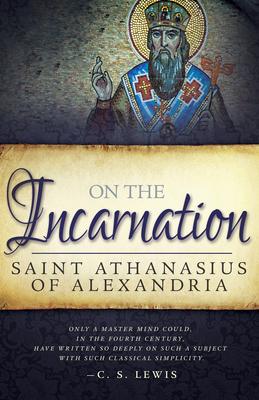
You may find yourself reading Athanasius and thinking that the divine incarnation of Jesus is an obvious point, only to realize that, at some point, it wasn't so obvious. Three hundred years after Jesus ascended to heaven, the Council of Nicaea was still trying to figure out exactly who Jesus was. Through his presence at the Council of Nicaea as an assistant to Alexander and his work in this writing, Athanasius helped early Christianity--indeed all Christianity--to understand something more of the mystery of our faith: God was manifested in the flesh. All Christians, directly or indirectly, have been influenced by Athanasius because of his foundational insistence of who Jesus is.
There is perhaps no other Christian writing in which the coming of our Savior is proclaimed so clearly as the way of victory over death. Thanks to Athanasius, and so many other early Christian thinkers, we have a firmer footing in our own exploration and understanding of who God is and how He works.
You may find yourself reading Athanasius and thinking that the divine incarnation of Jesus is an obvious point, only to realize that, at some point, it wasn't so obvious. Three hundred years after Jesus ascended to heaven, the Council of Nicaea was still trying to figure out exactly who Jesus was. Through his presence at the Council of Nicaea as an assistant to Alexander and his work in this writing, Athanasius helped early Christianity--indeed all Christianity--to understand something more of the mystery of our faith: God was manifested in the flesh. All Christians, directly or indirectly, have been influenced by Athanasius because of his foundational insistence of who Jesus is.
There is perhaps no other Christian writing in which the coming of our Savior is proclaimed so clearly as the way of victory over death. Thanks to Athanasius, and so many other early Christian thinkers, we have a firmer footing in our own exploration and understanding of who God is and how He works.
Paperback
$14.99